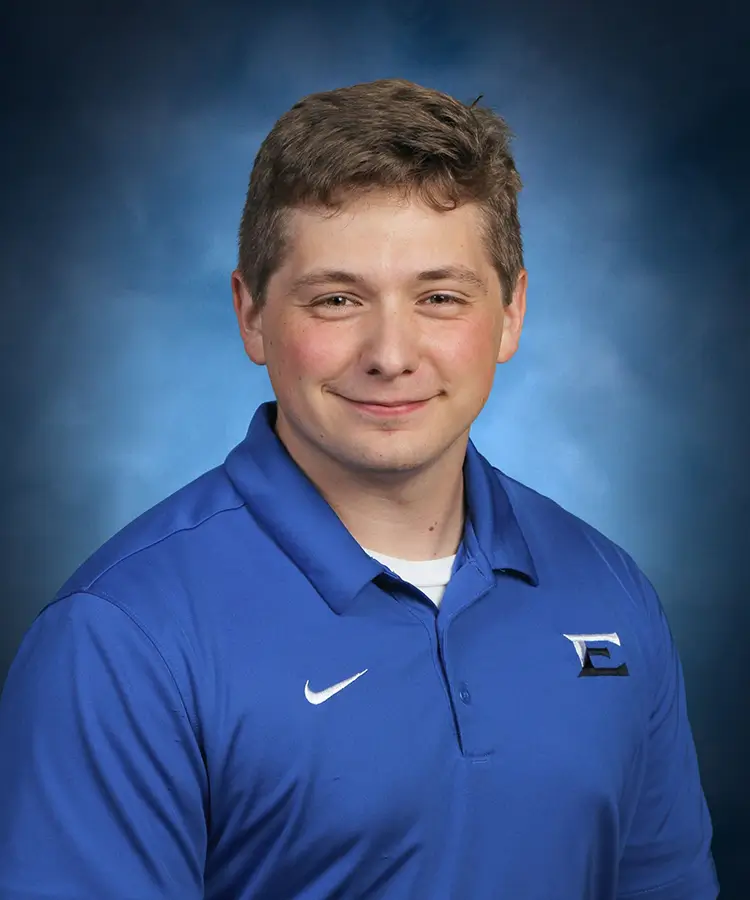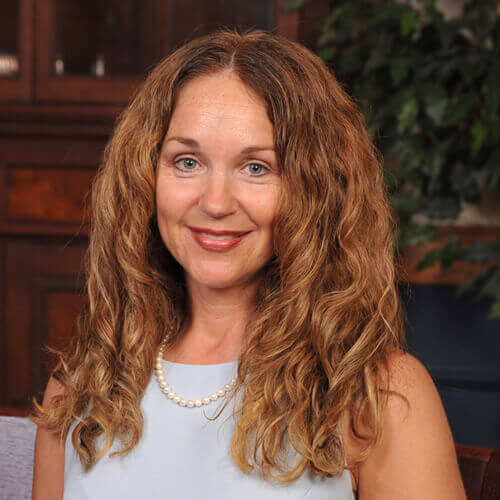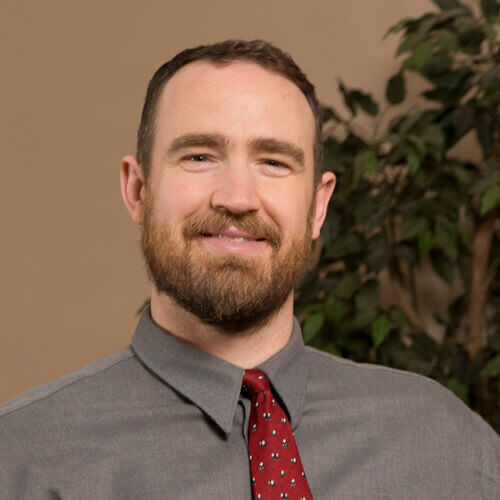Why earn a Master of Arts in Teaching at MC?
Well-known for its strengths in the sciences and mathematics, and having an excellent reputation for education preparation, Maryville College has expanded its academic portfolio. There is a critical need for STEM instruction in secondary schools for professionals who have the skills, dispositions and knowledge needed to be successful first-year teachers.
Maryville College’s Master of Arts in Teaching (M.A.T.) Secondary STEM program is specially designed for people who are pursuing – or have already earned– a degree in mathematics, biology, chemistry or related field without teacher licensure but would like to teach these subjects in grades 6 through 12.
This accelerated master’s degree program is designed to be completed in one year (May – April) and operates under a cohort model, giving students a supportive group of peers that enter and remain in the program together. Students are expected to enroll in courses each term, including summer sessions. The M.A.T. includes two semesters of clinical practice, when candidates are paired with a mentor teacher and work full-time in grades 6-12 classrooms.
Depending on a student’s area of expertise, degrees awarded at the successful completion of coursework and requirements include an M.A.T. in secondary Biology, an M.A.T. in secondary Chemistry, or an M.A.T. in secondary Mathematics with a STEM emphasis.
As enrolled students of Maryville College, M.A.T. students have access to similar amenities as undergraduates, including campus facilities (including the library), housing, academic support services, and disability resources.
Meet a Current Scot

Caleb Turner
High School Mathematics Teacher, Eagleton College and Career Academy in Maryville, Tenn.
Growing up on and around the MC campus, Caleb often saw founder Isaac Anderson’s words “Do good on the largest possible scale.” As he thought about what that meant for him, Caleb was inspired to pursue a career in education. “Where better to make a significant impact than in the schools of our local communities and nation?”
Caleb graduated from Milligan University with a degree in Mathematics and says that he enrolled in the MAT program for its job-embedded opportunity model, its strong foundation in the art and methods of teaching, and professors who care deeply about their students’ learning and preparation for their future classrooms. He said he looks forward to continuing his teaching career “and doing the most good I can.”
Meet a Recent Grad

Lacy Stinnett Pryor
Currently: Teaching at Roane County High School in Kingston, Tenn.
A graduate of the first cohort of the MAT program, Laci said that the program was instrumental in preparing her for where she is now. Currently she teaches Biology, Ecology, and Earth and Space Science. She is also working with the Tennessee STEM Innovation Network, serving on the Tennessee Rural STEM Collaborative Cohort for the 2023-2024 school year. The network gathers educators across Tennessee to problem-solve issues specific to rural schools.
“I took away so much valuable information from my time in the MAT program,” she said. “Learning all about experiential learning, problem-based learning, and how to incorporate all facets of STEM into my classroom has really been the foundation of my classroom.”




